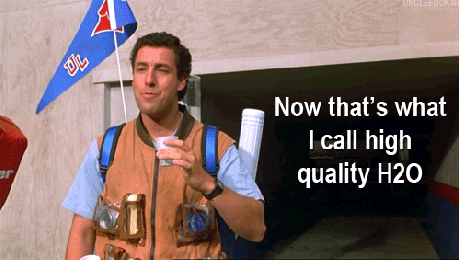Winter is now here and most homeowners will be busy getting the house ready for the changes that come with freezing temperatures.
The cold season can take a toll on various systems, including your water heater, air conditioning, drains and pipes.
If you are preparing a honey-to-do list for your significant other, we have put together some of the crucial things to focus on.
Here's a quick overview of 16 things your better half should do to get the home and family ready for winter.

CHECKLIST
1. Put Lawn Furniture Away
If you have furniture on your lawn, open decks and other exposed outdoor spaces, you should put them away- considering you won't need them until winter is gone. Freezing temperatures and increased moisture can quickly damage lawn furniture.
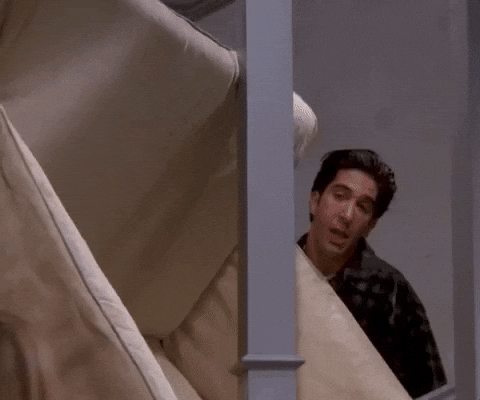
2. Get Your Heating Ready
Depending on the heating unit you have, you should schedule an inspection and service to make sure it is ready for winter. You ,should clear your vent pipes of all obstructions. Boilers require annual cleaning accomplished before temperatures start dipping. Other preparations include inspecting the radiators, changing furnace filters and setting ductwork damper to "winter" and fixing thermostat issues.
3. Clean Your Roof
If your partner is up to the task, you can have them get on the roof and blow off the sticks and leaves. Also, while they are up there tell them to hang the Christmas lights and other decorations - if you are into that of course!
4. Clean Out the Gutters
The gutters will have dust, leaves and debris buildup leading into winter. As such, you should have them cleaned to remove all obstructions. You don’t want to have a Clark Griswold moment and send ice flying out of your gutters into the neighbors entertainment center do we? “Honey, just clean out the gutters - okay?!

5. Check Smoke and Carbon Detectors
Up to 27% of winter fires result from heating, so it is important to ensure your systems have adequate protection and circuit breakers. You should check all smoke and CO detectors and install them in all rooms. Make sure the batteries have enough power to last all winter.
6. Brush Out the Fireplace and Chimney
You should have your fireplace cleaned using a chimney sweep to remove any bird nests, debris and creosote buildup. It is wise to have a technician check for cracks and other issues that require repair before temperatures get really low.
7. Protect Pipes from Freezing
Freezing water expands and is the leading cause of ,winter pipe bursts in Bethlehem, PA. You should disconnect the garden hose from the outside spigot, apply heating tapes and be sure to set the temperature never to go below 55 degrees.
8. Inspect Insulation
Proper insulation will reduce heat exchange, preventing heat loss and cold air from entering the house. You should check the insulation and fix all damages before winter, or your system will be forced to work extra hard to maintain comfortable temperatures. When setting the thermostat, don't make changes more than 2 degrees at a time. Also, just because you set the temp low doesn’t mean you save money on your electric bill - you can let you partner know it’s okay to set the temperature above 64 degrees
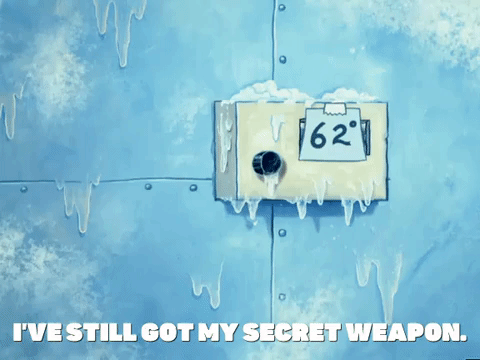
9. Reverse Ceiling Fans
Reversing the ceiling fan to run in a clockwise direction helps to push warm air downwards. Warm air tends to rise above cold air, making this technique effective in distributing warm air across the room and giving your HVAC unit a helping hand.
10. Test the Sump Pump
The sump pump collects water from around your foundation and basement and pumps it to a designated drainage location. Regardless of the time of year, you should test the sump pump by pouring some water in the pump area to hear that the pump is working.
11. Drain Sediment from Your Water Heater
Water heater sediments can result in system inefficiency and more energy consumption. In worse-case scenarios, the buildup can lead to hot spots and premature failure. You should drain some of the water in your heaters to remove sediments that coat the lower heating element.
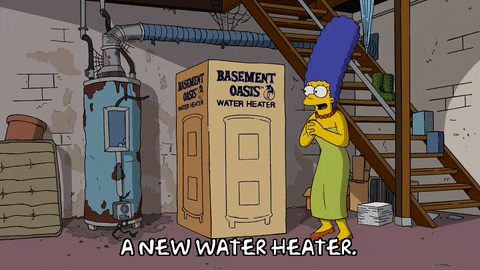
12. Install Storm Windows and Doors
Using storm windows and doors is one way to insulate your home and prevent heat loss during colder months. They are easy to install and provide an extra pane that traps air and prevents heat exchange through your windows and doors.
13. Remove Dead Branches and Trees
Dead branches and trees can fall on your roof and cause major damages that require costly repair. To avoid this, you should trim trees close to your home and remove all dead limbs. If you plan to remove big branches or the entire tree, make sure you hire professional tree removers.
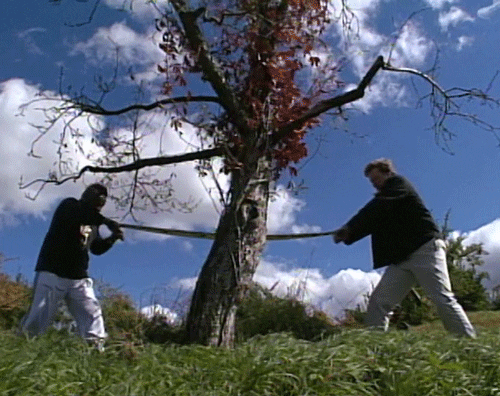
14. Protect Steps and Entryways
The steps leading to your home should be free from tripping hazards. If possible, repair the concrete and reinforce the handrail to make sure they are properly anchored to prevent slips and falls. You can also purchase mats to place on our doorways and entries. This makes it easier to clear snow.
15. Consider Getting A Generator
Eastern Pennsylvania sees some strong winds and storms that tend to cause power outages. With most people expected to continue working from home, this may be a good time to invest in a power backup system and a generator is an ideal solution for winter. You can also use rechargeable batteries.
16. Check Outdoor Lighting and Cameras
You should inspect the outdoor lighting fixtures and cameras to ensure they are in perfect working condition. More importantly, they should be secured and protected from the winter effects.
There are several other things to do in readiness for winter, including cleaning the dryer hose and window weep holes, covering pool water pumps and outdoor ac units, and sealing cracks around your basement and garage.
Once your other half is completed with their honey-to-do list meet them with a cold one and say - “great job honey!”
Be sure to have someone like Deluxe Plumbing and Heating in your back pocket. In the event something were to go wrong or see/hear something your systems shouldn’t be doing - you can always count on a whole home service provider like us!
source https://www.deluxeplumbing.com/post/winter-to-do-list-for-your-partner-before-temperatures-start-dropping
















